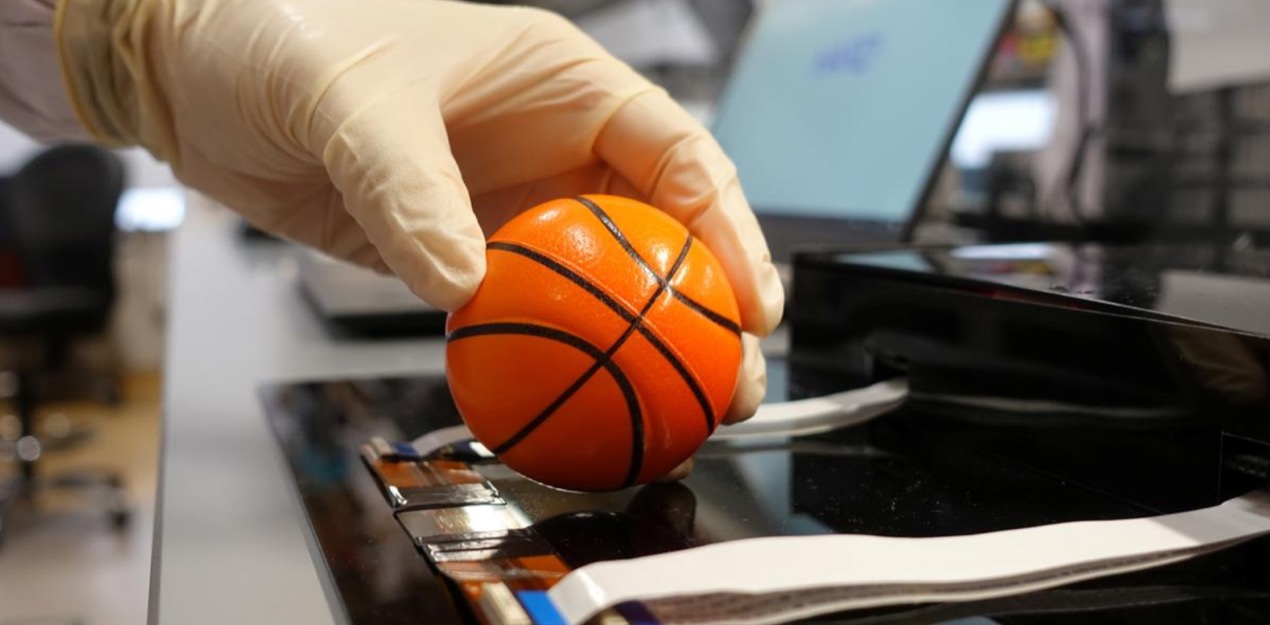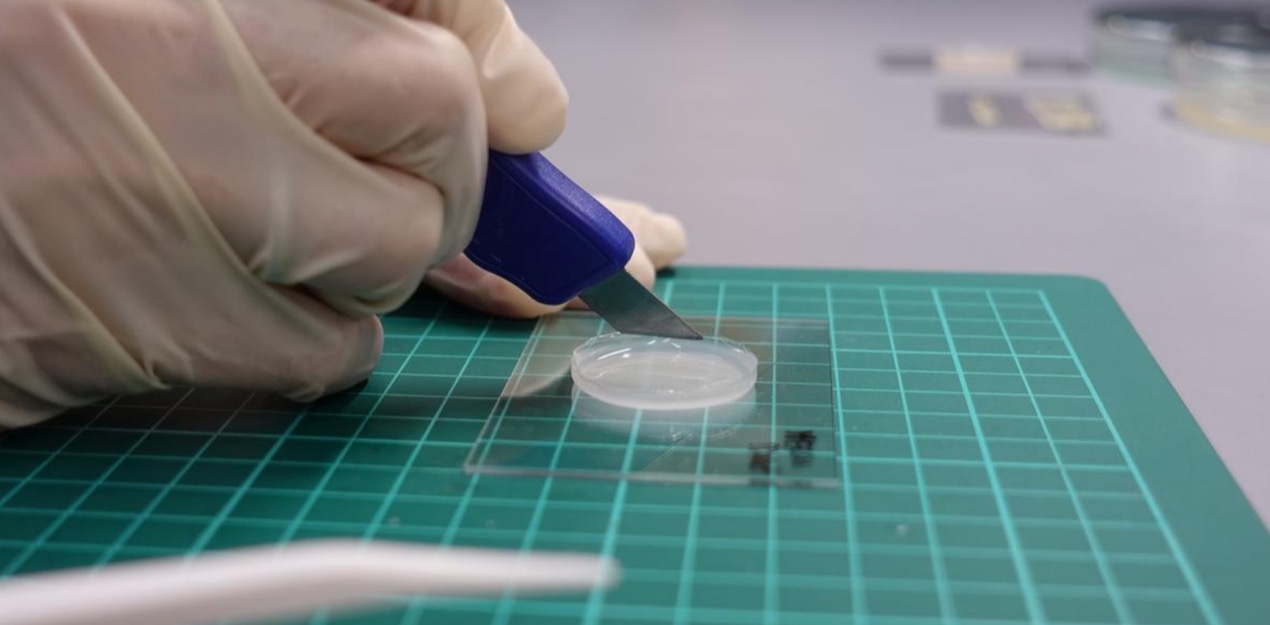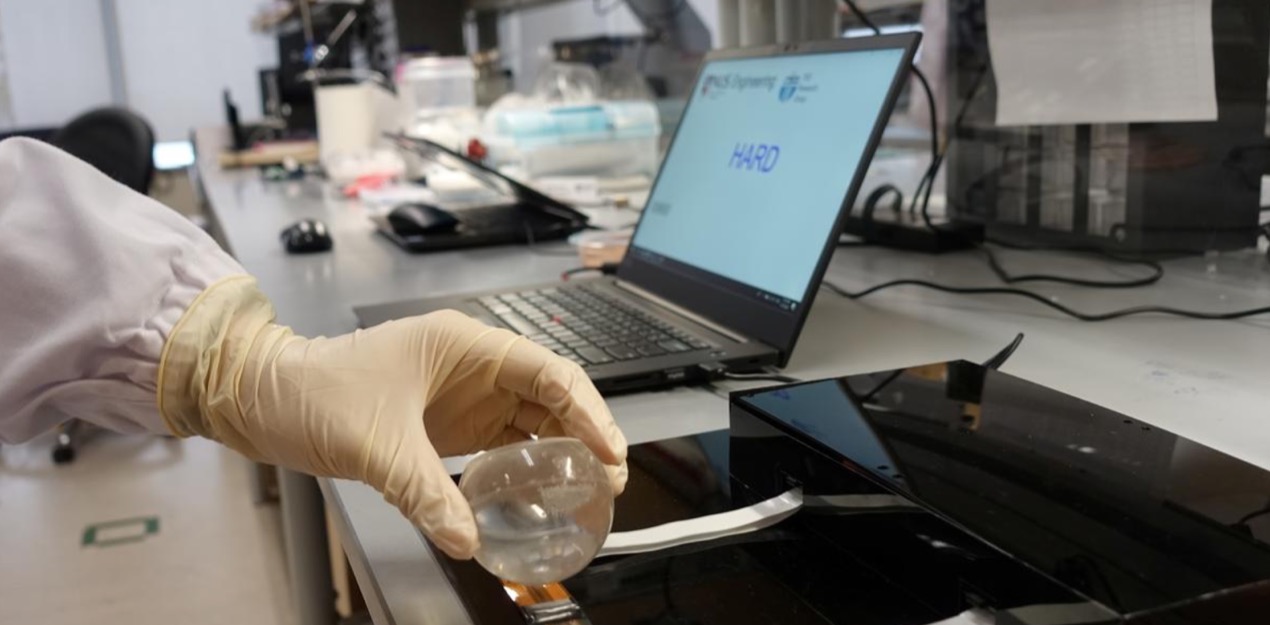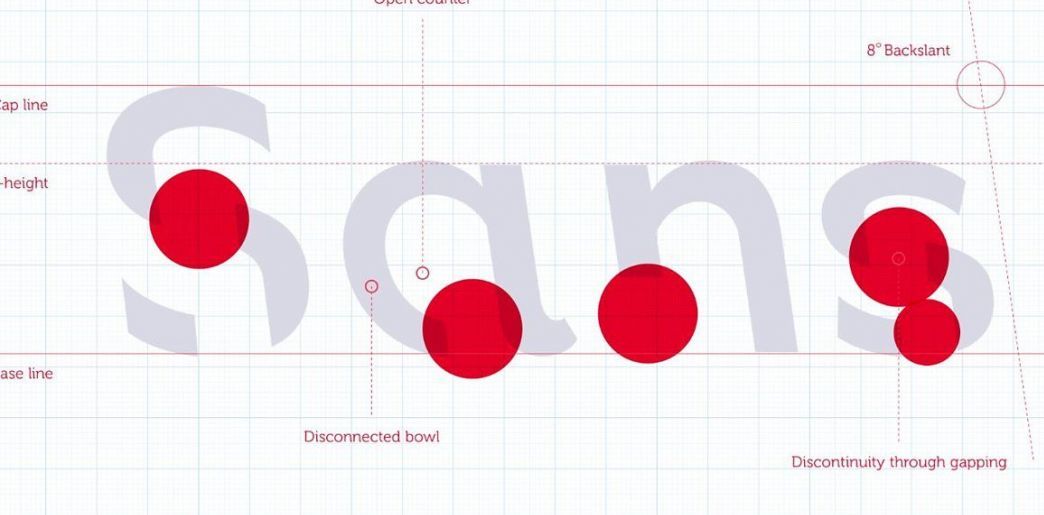AWARD YEAR
2021
CATEGORY
Body
GOALS
Good Health & Well-being
KEYWORDS
artificial skin
COUNTRY
Singapore
DESIGNED BY
National University of Singapore
WEBSITE
https://www.reuters.com/article/us-singapore-skin/scientists-inspired-by-star-wars-create-artificial-skin-able-to-feel-idUSKBN24Z13D
Asynchronous Coded Electronic Skin, ACES
Star Wars-inspired artificial skin with a sense of touch
Singapore researchers have developed “electronic skin” capable of recreating a sense of touch, an innovation they hope will allow people with prosthetic limbs to detect objects, as well as feel texture, or even temperature and pain.
The device, dubbed ACES, or Asynchronous Coded Electronic Skin, is made up of 100 small sensors and is about 1 sq cm (0.16 square inch) in size. The researchers at the National University of Singapore say it can process information faster than the human nervous system, is able to recognise 20 to 30 different textures and can read Braille letters with more than 90% accuracy.
“So humans need to slide to feel texture, but in this case the skin, with just a single touch, is able to detect textures of different roughness,” said research team leader Benjamin Tee, adding that AI algorithms let the device learn quickly.
A demonstration showed the device could detect that a squishy stress ball was soft, and determine that a solid plastic ball was hard.







